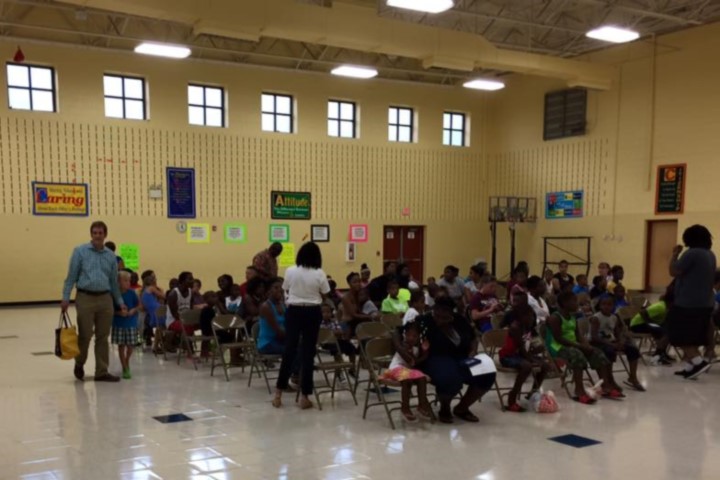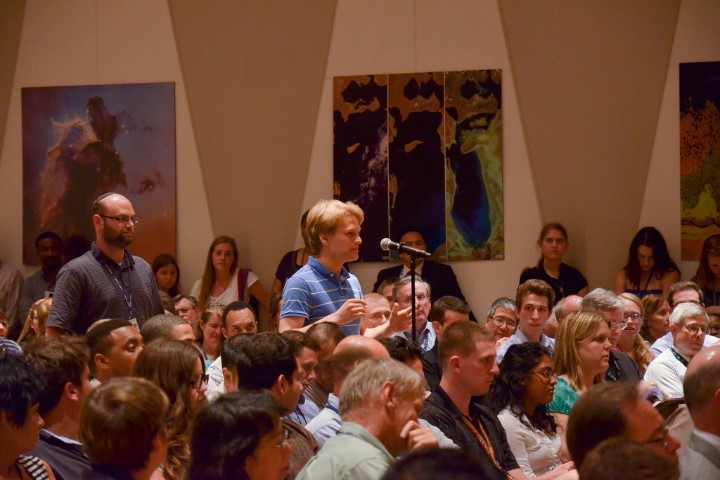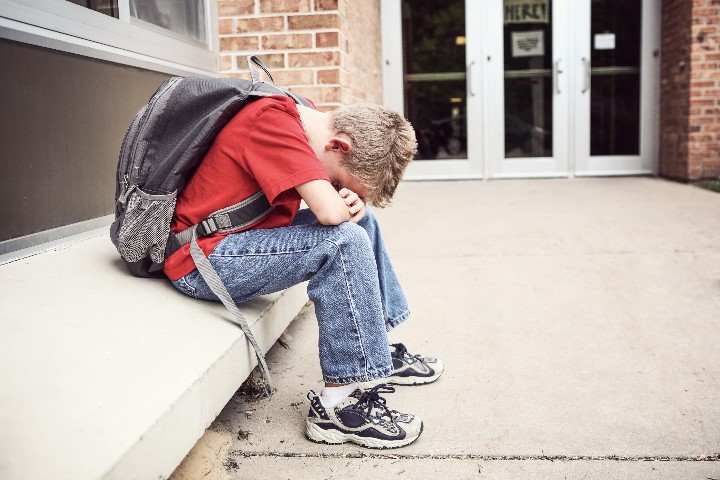Principals in Atlanta, Georgia’s low-performing schools are leading a change in school culture they’re hoping to leverage into better academic outcomes for students.
Principals at Perkerson Elementary and Carver High school recently offered a look inside major changes underway as part of a broader effort to transform the district that also includes staffing changes and nonprofit contractors, The Atlanta Journal-Constitution reports.
Carver High School principal Yusuf Muhammad explained how Purpose Built Schools Atlanta is helping school officials implement a project-based learning approach that centers on students “at the core of the learning.”
“Instead of just, ‘Here’s a textbook, and you read the textbook’ or ‘ …I’m going to lecture and tell you what to do and you have to memorize what you have to learn,’ the students will be designing projects that are aligned to, of course, the state standards but also to their lives, so it’s culturally based,” Muhammad said.
The new approach takes lessons about math, science, history and other subjects and applies it to issues in students’ high-poverty neighborhood, while also expanding class offerings and clubs students can participate in during the school day, according to the news site.
Administrators also implemented changes to make the school “feel” more inviting, such as replacing the traditional bell signaling class periods to a pleasant message: “Good afternoon kings and queens. At this time, we will start our transition to our third block.”
“I just really worked on culture, creating a culture of love … and that we have high expectations,” Muhammad told the Journal-Constitution. “I know that we couldn’t make huge academic gains right away without improving the culture.”
Tony Ford, principal at Perkerson, is also focused on transforming school culture, though with an entirely different approach. He set up a system of rewards and competitions based on the “house” system popularized by Harry Potter. Students who behave earn tokens and compete for parties with the principal. Students also receive a “paycheck” for good behavior they can use at a school store called The Perkerson Pit Stop.
“Imagine: Hanging out with the principal as an honor and not a punishment,” the AJC reports. “That’s the school he’s trying to create.”
Researchers with the Institute for Advanced Studies in Culture have highlighted the important role culture – which extends to students’ mental state, home life, and after school community – plays in shaping character.
“The form of character is one thing, but the substance of character always takes shape relative to the culture in which it is found,” Institute founder James Davison Hunter wrote in “The Tragedy of Moral Education.”
Character.org provides resources for educators and principals working to transform school culture and instill positive character virtues in students, from conversations on key topics and training sessions to “11 Principles of Effective Character Education,” which offers tips on implementing positive change.










